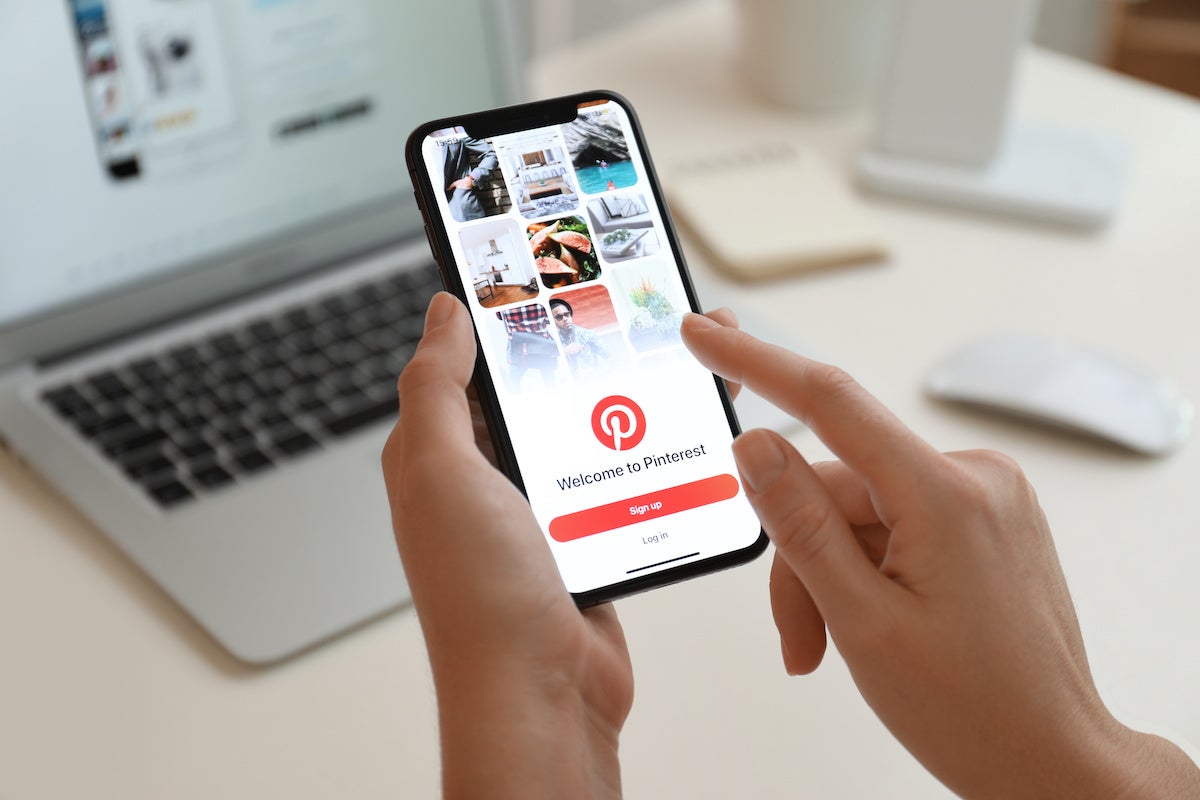Earlier this year, what looked like the design merger of the century was announced: Herman Miller was buying Knoll in a deal worth $1.9 billion. A scant five months later, and we may already have an acquisition that would eclipse it by a considerable margin. According to Bloomberg, digital payments giant PayPal is in “late stage” talks to acquire Pinterest. The deal would be valued at—drumroll, please—a cool $45 billion.
Why is PayPal interested in Pinterest? For one, the platform has an audience of more than 400 million monthly active users. Over half are women ages 25 to 49, a prized demographic seen as holding the keys to family purchasing decisions.
Additionally, in recent years, Pinterest has been more aggressive about turning a fundamentally advertising-based business model into a commerce-driven operation, in which customers can purchase from shoppable pins on the site. A 2020 partnership with Shopify has helped facilitate the development of a direct business model. Moreover, the winds of change are with Pinterest: According to The Wall Street Journal, “Social-commerce spending is expected to rise close to 36 percent in the U.S. this year to $36.62 billion.”
If all of that spending can be facilitated through PayPal, the thinking goes, both businesses will win.
A potential acquisition also aligns with PayPal CEO Dan Schulman’s plans to build the Western equivalent of a “super app”—a concept popularized in China in which apps like WeChat combine communications and commerce into a package that creates a digital infrastructure for day-to-day transactions. For example: A customer sees a sofa on Pinterest, clicks through to the retailer’s website, makes an appointment for a sit test, and then completes the purchase using Venmo (a PayPal-owned product). It’s not hard to see the potential synergies.
Still, the rumor of an impending marriage has already received mixed reviews on Wall Street. Pinterest shares surged more than 13 percent after news of a deal broke, while PayPal has suffered a roughly 10 percent decline. The market, it seems, hasn’t quite made up its mind whether this is a good idea or a bad one.
For interior designers, the immediate impact will likely be negligible. However, it’s no secret that Pinterest has played a major role in shaping the way projects work over the past decade, for better or worse. (Better: Clients are more educated than ever. Worse: Rare is the client who doesn’t have a Pinterest board stashed away, collecting 500 or so of their favorite options for bathroom hardware.)
If the deal goes through, and Pinterest gets even more shoppable, it would be wise for designers to redirect at least a few of the weekly hours they’re pouring into Instagram to Pinterest. Clients will certainly feel more emboldened to shop through the platform, and designers would do well to steer their purchasing (and earn a commission) wherever possible.
Homepage photo: ©New Africa/Adobe Stock





























